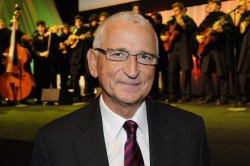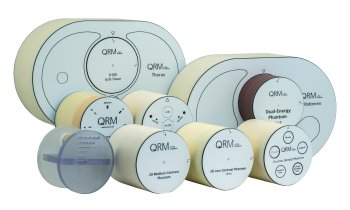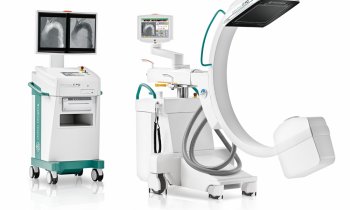A time to tackle controversies face-to-face
The ESC 2011 Congress
A hefty debate on controversial issues in cardiology is the definite intent of Congress President Professor Michel Komajda and the ESC 2011 congress organisers. To that end, he plans to open the event with a focus on disagreements among cardiologists over treatment methods. This is not the only promise of a lively meeting for congress participants, as Prof Komajda explained in conversation with Meike Lerner


The annual meeting of the ESC is the largest cardiovascular conference in the world – we’re expecting up to 35,000 attendees in Paris,’ Prof Komajda pointed out, adding that the event also will draw in cardiac specialists from far beyond Europe. ‘About 30 percent of the delegates will come from outside Europe -- for example from the Asia/Pacific region, Africa or Australia. We’re looking forward a very interesting mix that for sure will provide interesting insights in treatment habits all over the world.’
Almost 400 sessions will cover the interests of hospital and private practice cardiologists as well as nurses and associated professionals.
‘This year, what is very striking is the number of submitted registries, meaning the evaluation of treatment of patients with one given disease in real life,’ he said. ‘Those registries provide us with detailed insights into how patients with cardiovascular disorders are managed in real life practice, which obviously provides a lot of new and useful information about the status-quo and the differences in treatment across Europe.’
In particular, several registries that deal with atrial fibrillation, and one that focuses on the management of cardiovascular diseases during pregnancy, will provide new perspectives for clinical cardiology. Additionally, Prof Komajda said, ‘the results of several huge clinical trials will be under the spotlight. In particular, the Aristotle trial, testing a new anticoagulant in patients with atrial fibrillation, will gain a lot of attention.’
The results from France II, a huge French registry offering information about the follow-up of more than 1,000 patients with TAVI, are also anticipated.
‘Of course, a lot of sessions are devoted to the diagnosis of cardiovascular diseases; for example the Meet the Expert sessions should increase awareness among cardiologists of the bouquet of opportunities new imaging modalities and techniques are offering,’ he added, foreseeing the near future of cardiology for which that awareness is as vital as the increase in cardiological interventions as an alternative to conventional surgery.
Finally, he concluded, ‘one challenge will be post-graduate medical education, which needs to be in the hands of professional organisations such as ours to provide balanced and neutral information with the aim of homogenising procedures and treatment of patients across Europe’.
Congress details: www.escardio.org
26.08.2011










